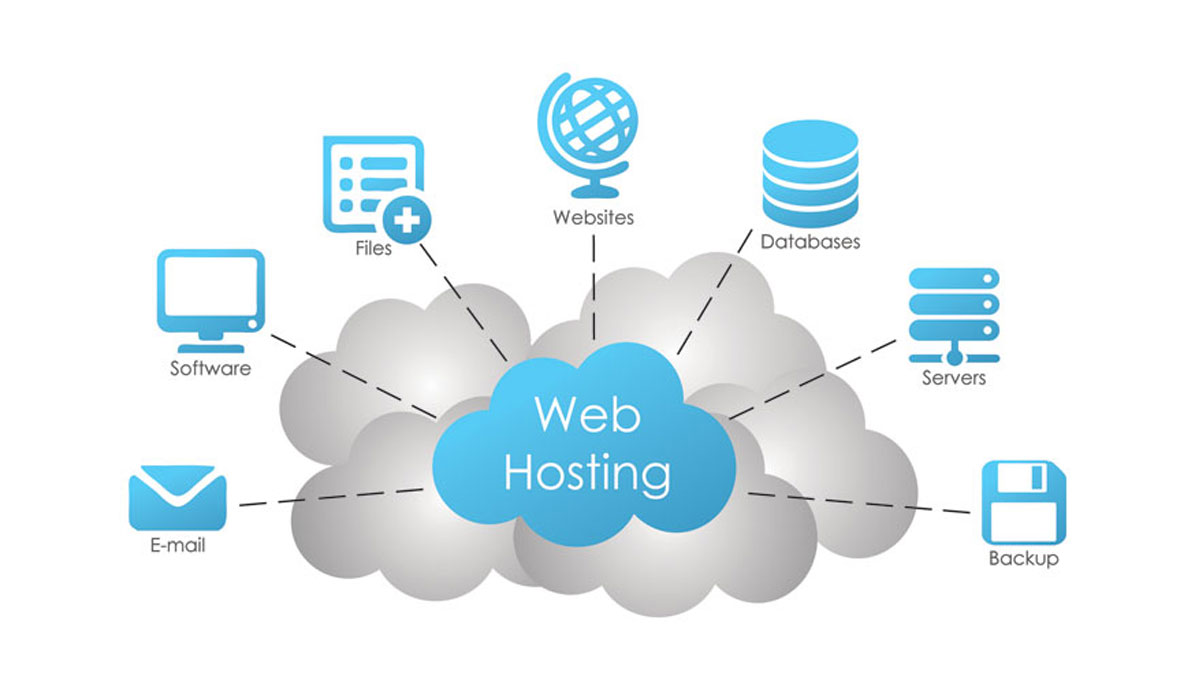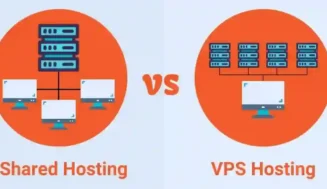The Ultimate Guide to Web Hosting: Choosing the Right Service for Your Needs

In today’s digital age, having a strong online presence is crucial for individuals and businesses alike. Whether you’re starting a personal blog or running a successful e-commerce store, one of the fundamental decisions you’ll need to make is selecting the right web hosting service. Your choice of web hosting can significantly impact your website’s performance, security, and overall success. In this comprehensive guide, we will walk you through the essential aspects of web hosting, helping you make an informed decision tailored to your specific needs.
1. Understanding the Basics of Web Hosting
What Is Web Hosting?
Web hosting is the service that allows individuals and organizations to make their websites accessible on the internet. In essence, web hosting providers offer space on servers, which are powerful computers designed to store website data, making it accessible to users 24/7. When a user types your website’s domain name into their browser, the web hosting server delivers the requested web page to their device.
Types of Web Hosting
There are several types of web hosting services available, each catering to different needs:
- Shared Hosting
- Virtual Private Server (VPS) Hosting
- Dedicated Hosting
- Cloud Hosting
Understanding these hosting types is crucial to choosing the right one for your website.
Importance of Web Hosting

Web hosting plays a pivotal role in your website’s performance and overall success. It directly affects factors like website speed, uptime, security, and scalability. Selecting the wrong hosting service can lead to slow loading times, frequent downtimes, and potential security vulnerabilities.
2. Assessing Your Hosting Needs
Before you can choose the perfect web hosting service, you must assess your specific requirements. This involves considering:
Website Type and Purpose
The type of website you plan to create influences your hosting needs. Is it a personal blog, an e-commerce site, or a corporate website? Different types of websites demand varying levels of resources and support.
Traffic Expectations
Anticipating your website’s traffic is vital. Are you expecting minimal traffic, or do you envision high volumes of visitors? A hosting plan that can handle your expected traffic is essential to ensure a seamless user experience.
Technical Requirements
Consider any technical aspects your website may require, such as specific programming languages or database support. Ensure your chosen hosting provider can accommodate these needs.
3. Exploring Different Hosting Options
Now that you’ve assessed your requirements, let’s explore the most common hosting options available:
Shared Hosting
Shared hosting is an excellent choice for beginners and small websites. It involves sharing server resources with other users, making it cost-effective. However, it may have limitations in terms of performance and scalability.
Virtual Private Server (VPS) Hosting
VPS hosting offers more control and resources than shared hosting. It provides a virtualized server environment, giving you dedicated resources without the cost of a fully dedicated server.
Dedicated Hosting
Dedicated hosting grants you complete control over a physical server. This option is ideal for large websites with high traffic and specific customization needs.
Cloud Hosting
Cloud hosting utilizes a network of virtual servers, allowing for easy scalability and high reliability. It’s suitable for websites with fluctuating traffic levels.
4. Key Features to Look for in a Web Host

To make an informed decision, consider these essential features when evaluating web hosting providers:
Uptime Guarantee
Uptime is critical; it represents the percentage of time your website is accessible. Look for hosts offering a 99.9% uptime guarantee or higher.
Speed and Performance
Website speed is vital for user experience and search engine rankings. Choose a host with fast server hardware and optimized performance.
Security Measures
Ensure your host provides robust security measures, including firewalls, malware scanning, and SSL certificates to protect your website and user data.
Scalability
Select a hosting provider that allows easy scalability to accommodate future growth without disruptions.
Customer Support
Responsive and knowledgeable customer support is invaluable. Look for hosts with 24/7 customer support via various channels.
5. Comparing Top Web Hosting Providers
To save you time and effort, we’ve compiled a list of some top web hosting providers known for their reliability and performance:
Bluehost
Bluehost is a popular choice for beginners, offering user-friendly hosting solutions and excellent customer support.
HostGator
HostGator is known for its affordability and feature-rich hosting plans suitable for small to medium-sized websites.
SiteGround
SiteGround is praised for its exceptional speed and security, making it an excellent choice for businesses and bloggers.
A2 Hosting
A2 Hosting stands out for its high-speed hosting solutions and developer-friendly features.
InMotion Hosting
InMotion Hosting is known for its reliable performance and excellent customer support, making it a favorite among businesses.
6. Understanding Domain Registration
Importance of a Domain Name
Your domain name is your online identity. It’s essential to choose a relevant and memorable domain name that aligns with your website’s purpose.
Domain Registration Process
Registering a domain is a straightforward process. You can either do it through your hosting provider or use a dedicated domain registrar service.
Domain Name Pricing
Domain name prices can vary, so it’s essential to compare prices and choose a registrar that offers competitive rates.
7. Frequently Asked Questions (FAQs)
What is bandwidth in web hosting?
Bandwidth refers to the amount of data that can be transferred between your website and its visitors. It affects your website’s loading speed and is crucial for handling traffic efficiently.
Can I change my web hosting plan later?
Yes, most hosting providers offer the flexibility to upgrade or downgrade your hosting plan as your website’s needs change.
How do I transfer my website to a new host?
Transferring your website involves moving its files and databases to a new hosting provider. Most hosting companies offer migration services to assist with this process.
What is SSL, and why is it important?
SSL (Secure Sockets Layer) is a security protocol that encrypts data transferred between your website and its visitors. It’s crucial for securing sensitive information and improving trust.
What should I do if my website experiences downtime?
If your website experiences downtime, contact your hosting provider’s support immediately. They can investigate the issue and work to resolve it promptly.
8. Conclusion
Choosing the right web hosting service is a critical decision that impacts your online presence. By understanding your needs, exploring hosting options, and considering key features, you can make an informed choice. Remember that the hosting provider you select will play a significant role in the success of your website. Take your time, do your research, and choose wisely to ensure a reliable and secure online presence for your website.







